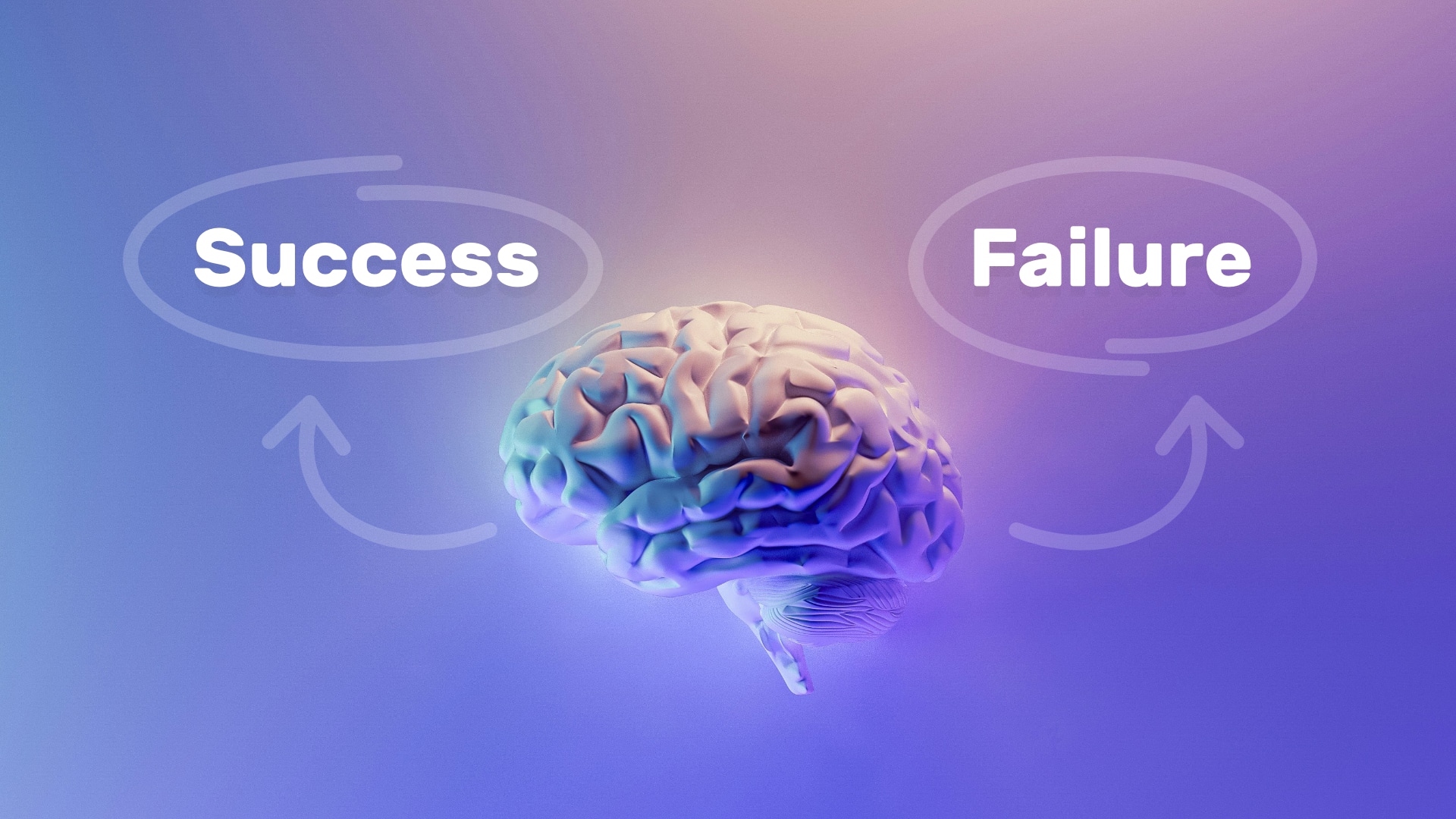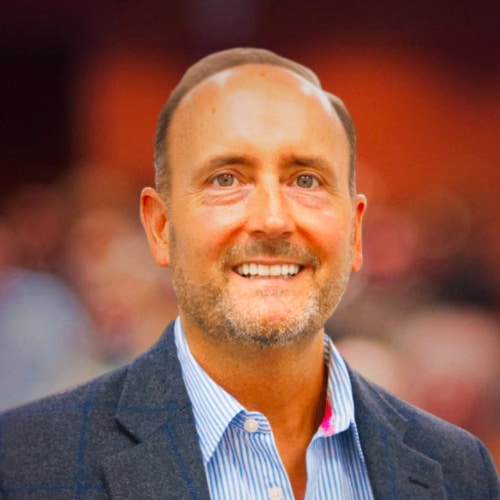February 7, 2024
Thinking Your Way to Success (or Failure): The Power and Pitfalls of Selective Thinking

Have you ever wondered how selective your thoughts can be? The philosopher, Sir Francis Bacon, once said, “The human understanding when it has once adopted an opinion draws all things else to support and agree with it.” This statement beautifully encapsulates the concept of selective thinking, our tendency to notice and focus on information that reinforces preexisting beliefs, often ignoring contradictory evidence.
Selective thinking can especially trip us up during problem-solving or decision-making. For instance, suppose you believe a particular colleague is lazy. If you spot them missing a deadline or coming in late, you might see it as further proof of their laziness. In contrast, if they excel at a task, you might dismiss this as a one-off event. You’ve just applied selective thinking!
Mastering the Art of Selective Thinking for Success
Selective thinking can be both a valuable asset and a serious pitfall, depending on how we use it. It helps us process information, recognise patterns, and make decisions in a volatile world. But overzealous selective thinking can restrict our perspectives, blind us to new opportunities, and distort our decision-making process.
Consider someone with a strong belief in financial prudence. This viewpoint can serve them well in managing resources. But when it comes to exploring costly research and development or new marketing strategies, this belief system can be a hindrance. They might always favour the cheapest solutions, overlooking opportunities for growth or innovation.
Similarly, students might get into a selective thinking mode, focusing solely on specific study materials while ignoring others, which might lead to a lack of a holistic understanding.

The truth is, unchecked selective thinking can be disastrous in problem-solving scenarios. It leads to tunnel vision, cutting us off from exploring alternative pathways that could potentially lead to better solutions. In the world of business, it could lead to missed opportunities, poor investments, or failed strategies.
Always Search for Disagreement
Selective thinking can all too easily lead to us demonstrating a psychological phenomenon known as confirmation bias. Simply put, confirmation bias occurs when we instinctively seek out and favour information that aligns with our pre-existing beliefs, while ignoring or downplaying contradictory evidence.
When it comes to problem-solving or decision-making, it’s quite typical for us to form a fondness for a particular idea – often our very first one. Once we have this favourite idea in mind, our brain acts like a detective, trawling for clues to affirm the righteousness of our beloved notion. This tendency not only restricts us to a single pathway but also blinds us to considering or even acknowledging dissimilar perspectives. As a result, we become prisoners of our own ideas and biases, which distorts our understanding of situations and potentially leads us to unwise or ill-informed decisions.
This form of selective thinking and resulting confirmation bias underscores many of the substantial failures in decision-making—both in the corporate sector and academia. Therefore, it’s necessary to keep our selective thinking in check, remaining open-minded and unbiased to ensure a holistic perspective. With a clear and comprehensive understanding of various viewpoints, we lay the groundwork for impartial decision-making processes—setting ourselves on the path to assured success.

Finding Unwavering Focus
But selective thinking isn’t entirely negative. When used productively, it can be a potent force enabling you to turn ideas into realities. Strong belief and conviction can provide the impetus to drive forward an idea, to hurdle obstacles, and ultimately reach your goals.
Let’s look at an example from the field of multimedia. Frédéric Vève, CEO of French communications agency Communiquons.Biz, noted that video editors were falling into habits based on the software tools they used. Limiting themselves to specific software led to predictable outcomes. To counter this, he encouraged his team to try different software, leading to more creativity.
Can you see the parallel with our beliefs and opinions? When we restrict ourselves to selective thinking, we tend to fall into predictable patterns. By consciously controlling our selective beliefs, we open up our minds to new, creative possibilities.

The power of selective thinking resides in your ability to use your beliefs to shape your reality. Your beliefs can set you on the path to achieving your ambitions, whether they involve climbing the corporate ladder or graduating at the top of your class.
History is teeming with examples of how fervent belief and unwavering focus can lead to extraordinary achievements. Take Colonel Sanders, who famously faced 1,009 restaurant rejections before selling his first KFC franchise.
But using selective thinking beneficially requires a delicate balance. It’s crucial first to generate and analyse all relevant information objectively. Only then, can you confidently commit to a selected course of action.
The Takeaways
Selective thinking can be powerful when used appropriately. For both business professionals and students, learn to use it not in the beginning but at the end of your decision-making process, only after you’ve explored a broad range of possibilities. Your selective thinking can then hone your focus, fuel your motivation, and propel you toward achieving your goals.
